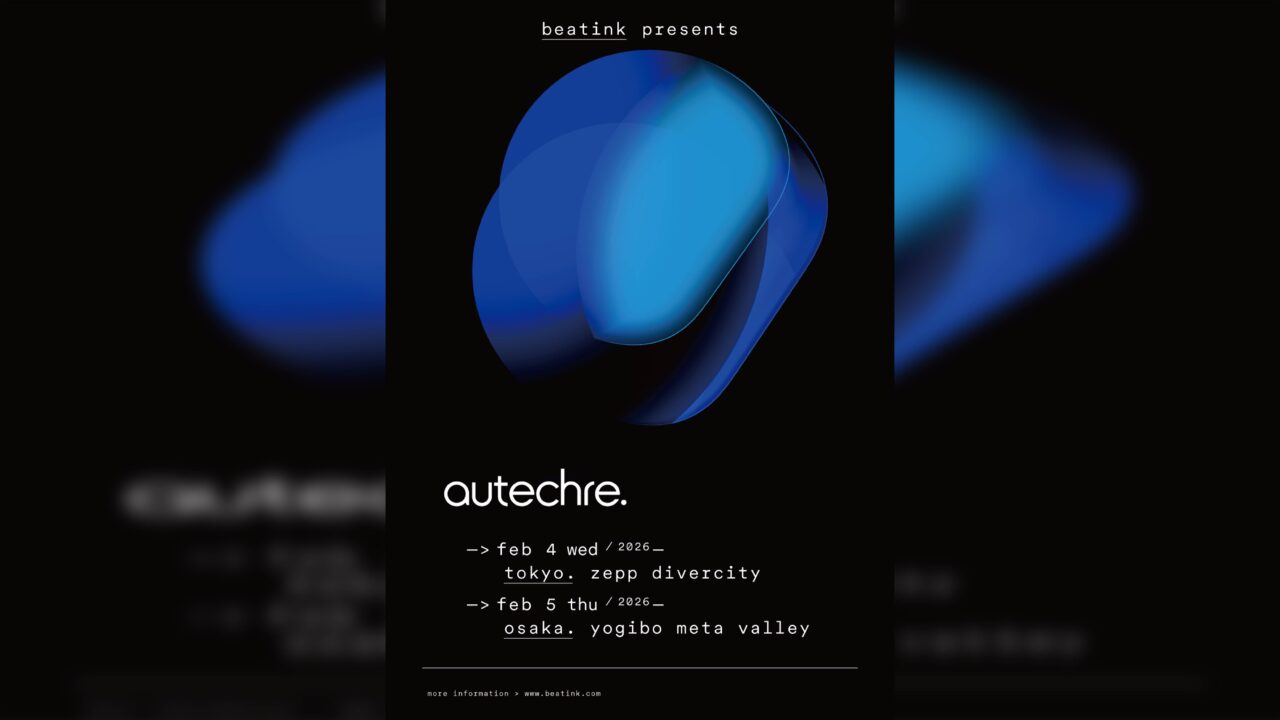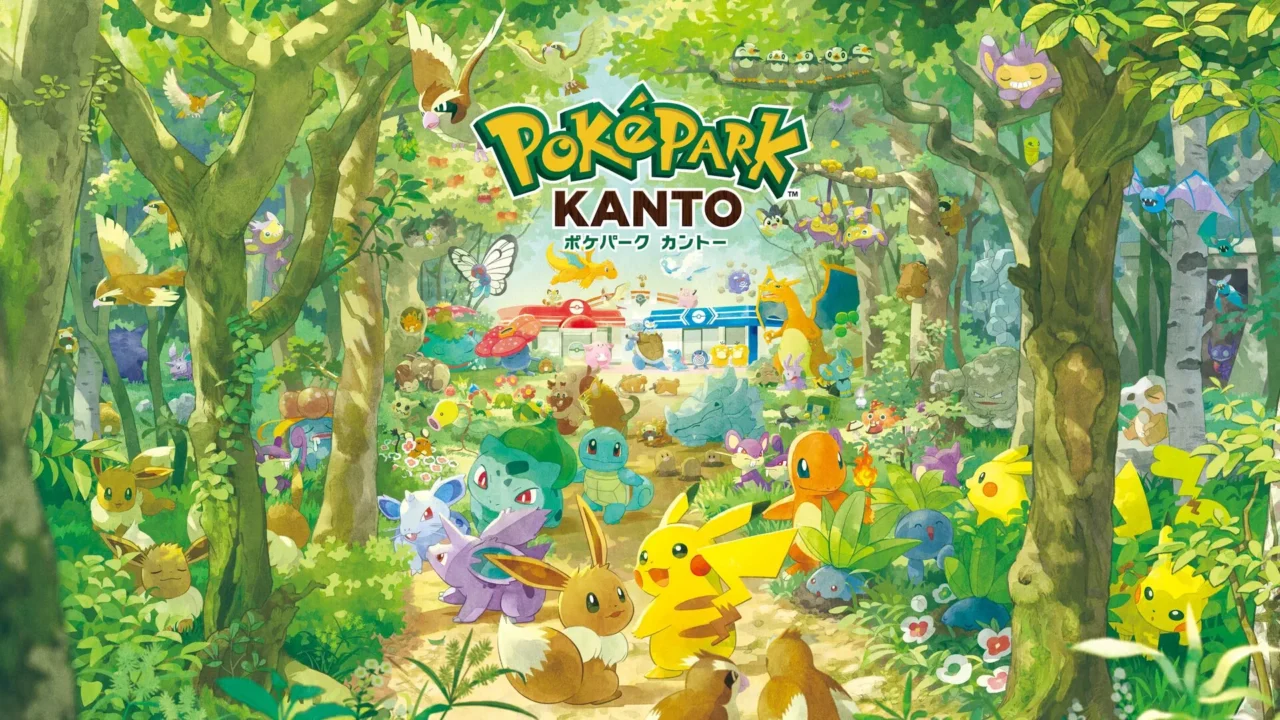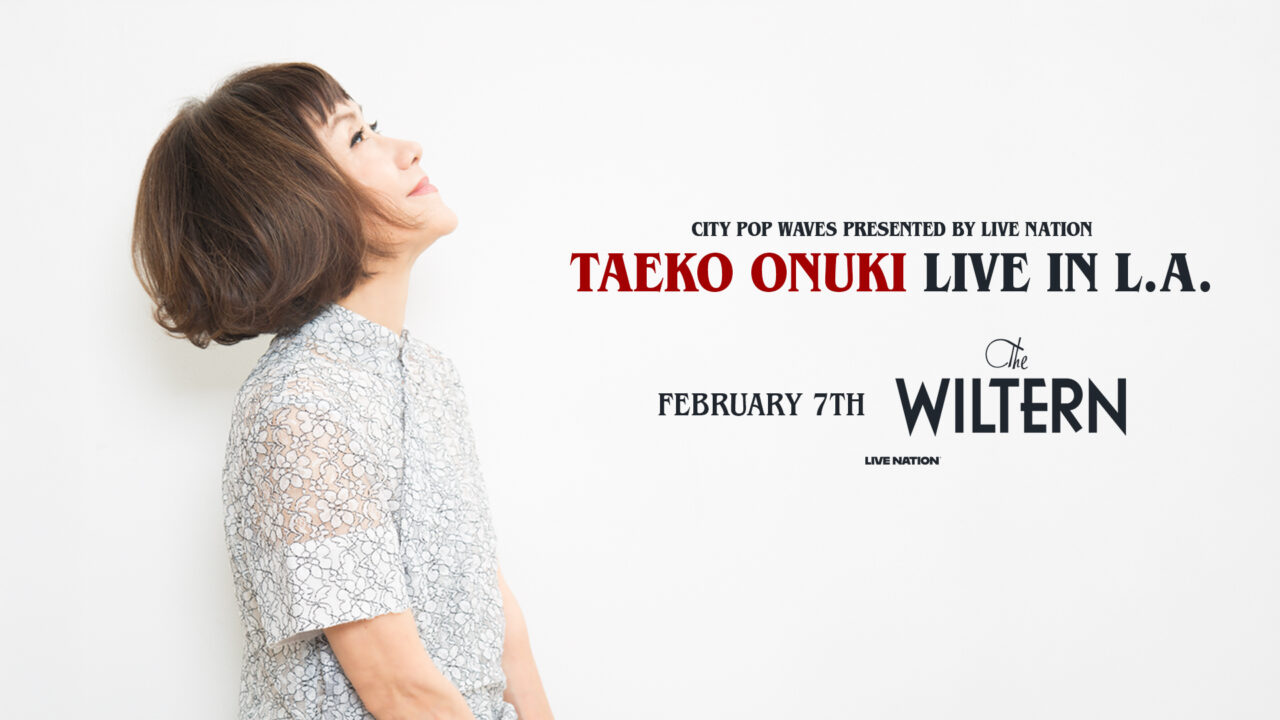A circle of friends connected by goo touchi! The “FIST BUMP” corner of the radio program “GRAND MARQUEE” features people who live and enjoy Tokyo in a relay format.
On December 18, MEISO, a bilingual rapper and simultaneous interpreter, will appear. We asked him about his thoughts on the MC battle that took place the day before the broadcast, why he decided to move to Hawaii, and the details of his English study book published in 2023.
INDEX
First visit to Japan in about 5 years for MC Battle
Takano (MC): MEISO, you usually live in Hawaii.
MEISO: I am a rapper, and I came to Japan because I was invited to the MC Battle that was held yesterday.
Takano: What kind of event was it?
MEISO: It was an event called “KING OF KINGS vs 真ADRENALINE” held at KT Zepp YOKOHAMA, where fierce MCs from all over Japan gathered and had a battle to diss each other.
Takano: Actually, I learned about MEISO when he became the MC battle champion at “B-Boy Park 2003” in 2003.
Celeina (MC): This may ring a bell with some of our listeners.
MEISO: It was 2003, you know. Many of you may not have been born yet.
TAKANO: Had it been a long time since the MC battle?
MEISO: Yes, it must have been 5 or 6 years.
Takano: You came to Japan to participate in that battle, how was it?
MEISO: It was a lot of fun.
Celeina: I guess fun comes first.
MEISO: It was a great adrenaline rush to freestyle in front of so many people.
Celeina: When you rap, do you mainly rap in Japanese or do you mix it up with English?
MEISO: Some of the songs are mixed, some are only in English, and some are only in Japanese, but yesterday I did almost exclusively in Japanese since the audience was all in Japanese. We lost.
Celeina:But “fun” was the first one. It’s very nice, isn’t it?
MEISO: I was allowed to rap hard and passionately, so it was like I was back in high school, like I was a youth.
INDEX
Resuming life in Hawaii after the Corona Disaster
Celeina:As you mentioned earlier, you are currently based in Hawaii, right?
MEISO: Yes, that’s right. I don’t know if I would call it an activity.
Celeina: Why are you based in Hawaii?
MEISO: I originally grew up in Hawaii. I spent high school and college in Hawaii, and my parents are also in Hawaii, so I kind of came back. After the Corona disaster, it was decided that I could do some things remotely, so I decided to return to Hawaii three years ago. So I decided to return to Hawaii three years ago.It feels like I’m doing the same job I did in Japan.
Celeina: In a way, it was the Corona disaster that made you realize a new way of life.
MEISO: It’s like I was lucky to have found it because of the Corona disaster.
Takano: You work as an interpreter, right?
MEISO: I usually do simultaneous interpretation, translation, and subtitling.
Celeina: I sometimes do simultaneous interpretation in programs, but it’s really difficult.
MEISO: It’s not something you can do out of the blue.
TAKANO: In order to convey nuances, you have to translate in your own words, not a direct translation.
MEISO: It is very important to capture nuances that cannot be conveyed by machine translation or direct translation. For example, there are cultural differences such as the fact that direct expressions in America may be impolite if directly translated into Japanese, and conversely, there are expressions in Japanese that may be worded in a roundabout way.
Celeina:That is why it is important to understand both cultures.
MEISO: It’s about translating the culture. That sounds a bit cool, doesn’t it?
Celeina: GRAND MARQUEE is a cultural program, so we are connected.





















